Massachusetts is one of only twenty-three states that require optician licensing by law. Rules and regulations regarding optician training requirements, licensing, and certification are established by the Massachusetts Office of Consumer Affairs and Business Regulation. The following information will be relevant to you if you are wanting to be licensed as an optician in the state of Massachusetts.
Massachusetts State Opticianry Law:
No individual may perform, provide, or offer to perform or provide, any function or service which is included within the “practice of opticianry”, or hold himself or herself out to the public as able to engage in the practice of opticianry without a license.
General Eligibility Requirements:
- At least 18 years of age
- Of good moral character
Technical Skills and Training Requirements:
Must fulfill one of the following…
- Has graduated from a two-year educational program in opticianry which is accredited by the Commission on Opticianry Accreditation
- Successfully completed one year of education in an educational program in opticianry which is accredited by the Commission on Opticianry Accreditation and successfully completed an apprenticeship of not less than 3,000 hours over a period of not less than eighteen (18) months
- Successfully completed an apprenticeship of not less than 6,000 hours over a period of not less than three (3) years
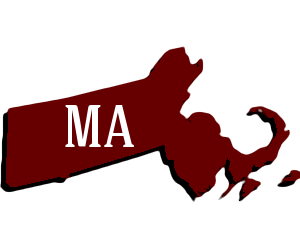 Opticianry Degree Programs:
Opticianry Degree Programs:
The Benjamin Franklin Institute of Technology, located in Boston, offers a 2-year Associate Degree in Optometry. You can learn about the admissions process by clicking here. This program is one of only two offered among states that make up New England. To learn more about the curriculum and the objectives of the program, you can visit the program website.
Examination Requirements:
- The National Opticianry Competency Examination administered by the American Board of Opticianry
- The National Contact Lens Registry Examination administered by the National Contact Lens Examiners
- A nationally standardized practical examination or a practical examination in opticianry administered by the governmental licensing authority of another state or territory of the United States which, in the opinion of the Board, is substantially equivalent to the Massachusetts practical examination.
Licensure by Endorsement:
A license applicant who holds a current, valid license or registration to practice as a dispensing optician issued by the applicable licensing authority of another state may be granted a license by the Board without meeting the requirements above. You may still be required to take and pass the state practical examination.
Fees and Forms:
- Application for licensure, $59
- Renewal Fee, $82
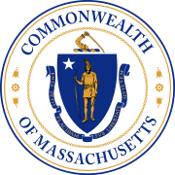 State Contact Information:
State Contact Information:
Phone: (617) 727-5339
Fax: (617) 727-1627
E-mail: paula.m.king@state.ma.us
Board of Dispensing Opticians
1000 Washington St., Ste. 710
Boston, MA 02118-6100
Web Site: Massachusetts Board of Dispensing Opticians
State Association: Opticians Association of Massachusetts

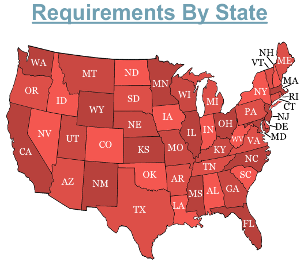

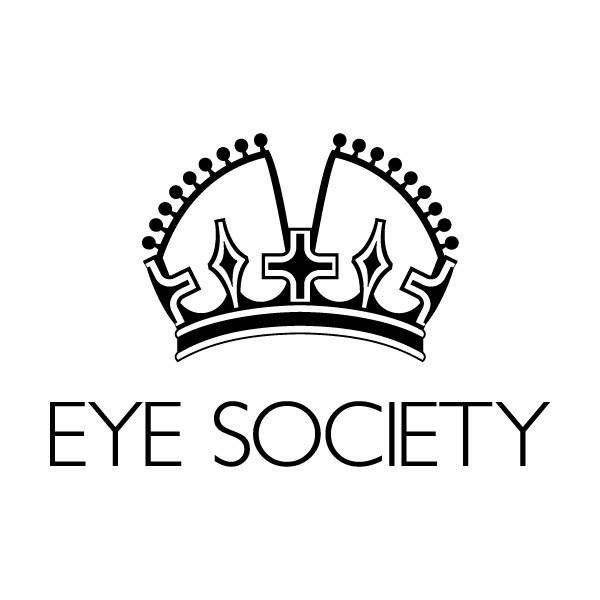

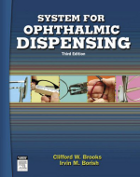
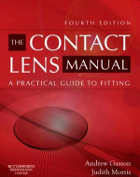
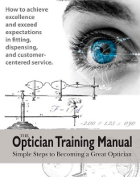
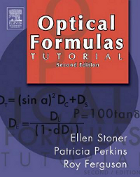
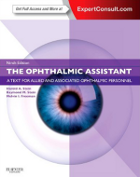
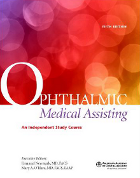
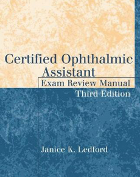
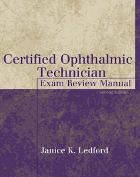
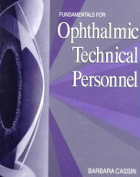
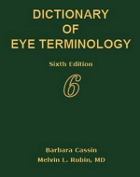
I have just moved to ME from MA. I was an licensed optician and Optometrist in Massachusetts over the last 30 years. Maine has no licensure requirements for opticians. At my place of employment, there are non-licensed employees dispensing glasses without an optician/ Optometrist on the premises. Are there any national laws/guideline that would help bolster my case for this huge liability concern?
In the state of Mass can anyone be called an optician if the doctor is on the premises no prior training and not registered as an apprentice
I am a practicing optician in Maryland I am ABO certified and have been a optical manager for 7 years. What would I have to do to become a apprentice and licensed in Massachusetts?
Hello, my name is Andrew Vinciguerra. I ‘ve been working at Harvard Vanguard in MA for almost a year now, and I’ve been waiting to be put through the apprenticeship program so I can work on my licensure. However this has not even been put through the works yet. Does it have to be your direct supervisor to be your sponsor throughout the apprenticeship process. There are other licenses in the office which I’m sure would sponsor me. What should I do to get them to get the ball rolling so I can finally get going on this? Also, since I’ve been here just past a year, would they make all the time I worked this past year as retroactive into my hours works? It seems like it would be such a waste of man-hours if they would not do that.
Hello I have a question:
What do I do if I failed the Mass Dispensing Optician Practical exam? Do I have to reapplied and send in all the same documentation that I originally sent?
Any and all information regarding the steps I need to take to retake the exam would be greatly appreciated.
May 2, 2017
Thank you
Is an apprentice while in training at a facility associated with an optometrist not allowed to also assist in daily activities such as insurance verification for exams for a doctor or as long as the apprentice meets the required daily opticianry training can the apprentice also assist in doing insurance verification for doctors?
Lucy,
According to Massachusetts rules and regulations, a duly registered apprentice optician may perform any function or service which is included within the “practice of opticianry”, as defined in 235 CMR 2.04, as long as he or she does so under the direct, on-site supervision of: a duly licensed dispensing optician licensed by the Board pursuant to 235 CMR 2.07 or 235 CMR 2.08, a physician who is duly licensed by the Massachusetts Board of Registration in Medicine to practice medicine in the Commonwealth of Massachusetts, or an optometrist who is duly registered by the Massachusetts Board of Registration in Optometry to practice optometry in the Commonwealth of Massachusetts.
What activities can a non-licensed person who is going through apprenticeship program (6,000 hours) under an optician do? For instance, can a non-licensed person recommend or discuss eyeglasses to the patient while an optician is on the floor? Or is non-licensed person only able to dispense glasses and do nothing while an optician is on the floor?
Daniel,
In Massachusetts, an individual who is registered with the Board and with the Division of Apprentice Training as an apprentice optician pursuant to 235 CMR 4.00 can perform or provide all such functions or services in compliance with all applicable requirements of 235 CMR 4.00 and 453 CMR 7.00 including but not limited to the supervision requirements of 235 CMR 4.07.
If I hold an existing state license and ABO certificate does Massachusetts allow me to transfer?
Linn,
Massachusetts does offer licensure through reciprocity (235 CMR 2.08). The educational, experiential, and examination requirements for the license held by the applicant in another state must be substantially equivalent, in the opinion of the Board, to the educational, experiential and examination requirements for licensure as a dispensing optician in Massachusetts. You may be required to successfully pass the practical exam offered by the state before being issued a Massachusetts license. The application for licensure will also need to be submitted before you can begin working as an optician.
Hello, I have been an optician for over 20 years and am working with a frame stylist who I am told I have to take measurements for. I was informed that if the board comes in that this could result in a $1,000 fine. Is this true and if so where can I get this in writing?
Katie,
Opticians in Massachusetts must be licensed in order to dispense contacts and eyeglasses. The standards for dispensing can be found in the 235 CMR 5.02 section of state regulations. For advice on matters pertaining to the violation of dispensing regulations, we generally recommend that the Board be contacted directly. Their contact information is provided above.
Hi Katie,
A non-licensed person cannot discuss lenses, frames, record prescriptions, take any measurements, or adjust eyeglasses. If they are not licensed, they should not being doing anything an optician’s license is needed for. Non-licensed optical shop employees can dispense (hand to a customer) glasses and contacts while an optician is on the floor. The non-licensed employee cannot adjust glasses. The rules are written in the regulations. The board did state at their March 2014 meeting that a non-licensed person cannot record a prescription in the system or discuss frame styles, lens styles, and customizations with a customer.
Hello. When training during your apprenticeship, you are required to study for 6000 hours. Can you tell me the minimum amount of hours required in each area, with emphasis on fabrication, edging and manufacturing of eye wear? I am having difficulty finding any written information on this. You help is greatly appreciated!
Lynn,
The details related to the optician apprenticeship requirements in Massachusetts can be found within the 235 CMR 4.00 legislation as well as on the dispensing opticians apprentice agreement. I do not find any regulations requiring a specific number of hours allocated to each subject matter. I hope that answers your question. You may want to contact the Board of Registration of Dispensing Opticians directly if you want to learn more.
Hello, name is Monica Reyes. I am requesting an appearance to be in front of the Board to discuss an extension of my apprenticeship on March 6, 2013 at 10 am. Please response to my request. Thank you for your time.
Hi Monica, OpticianTraining.org is an online resource for those seeking information about optician training. The site is not affiliated with the Massachusetts Board of Dispensing Opticians and you will need to contact them directly on this matter. I apologize for any inconvenience. Thank You for visiting the site.